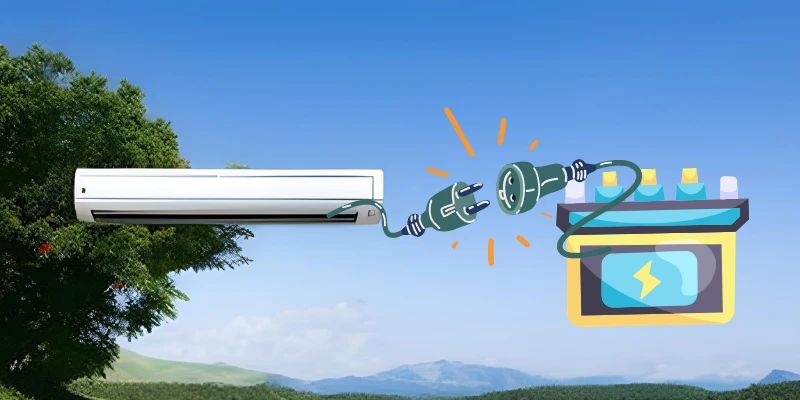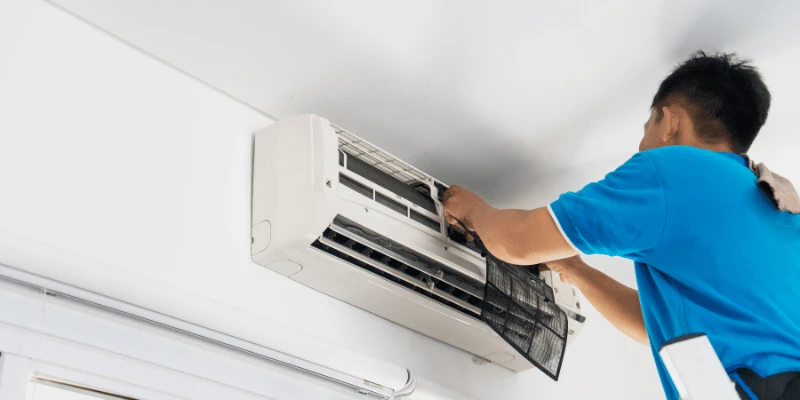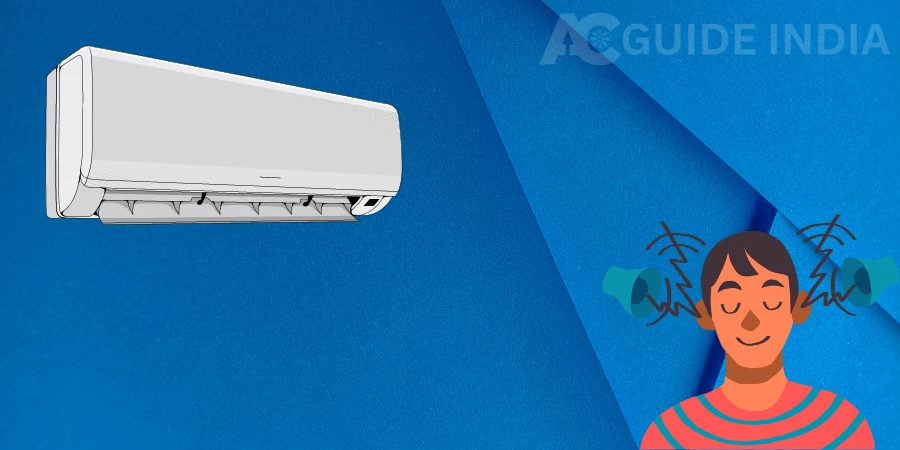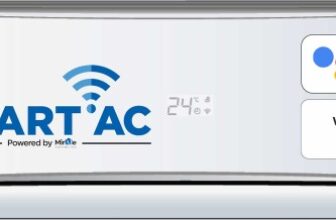
In recent years, the popularity of inverter technology has grown significantly, especially in the realm of air conditioning. Inverter AC units are known for their energy efficiency and ability to adjust compressor speed based on cooling needs. However, there is often confusion regarding whether you can run an inverter AC on an inverter itself. In this article, we will address common questions and provide clarity on the topic.
Can I run my AC on an inverter?
Yes, you can run your AC on an inverter. In fact, many inverter AC units are designed to operate efficiently with inverters. Inverter ACs are specifically engineered to adjust the compressor speed to meet the cooling requirements, making them compatible with the variable output of an inverter.
Also Read: How Often Should You Service Your AC for Optimal Performance?
How long can an inverter run an AC?
The runtime of an inverter-powered AC depends on various factors such as the capacity of the inverter, the power consumption of the AC unit, and the battery capacity if a battery is being used. Higher-capacity inverters and larger battery banks can provide longer runtimes. However, it’s important to note that the continuous operation of an AC on an inverter for extended periods may drain the batteries quickly, so it is advisable to manage power usage efficiently.
What is the effect of an inverter on AC?
Using an inverter with an AC offers several advantages. It helps regulate and stabilize the power supply, resulting in a smoother operation of the AC unit. Inverter technology also reduces power fluctuations and starts the compressor softly, reducing stress on the components. This leads to improved energy efficiency, reduced wear and tear, and increased lifespan of the AC system.
How many hours can I turn on my inverter AC continuously?
The continuous runtime of an inverter AC depends on the capacity of the inverter and the power consumption of the AC unit. It is recommended to consult the manufacturer’s guidelines for specific details regarding continuous operation. However, in general, inverter AC units can be operated continuously for several hours, provided the inverter and associated power source can sustain the load.
Can a 1.5-ton AC run on an inverter?
Yes, a 1.5-ton AC can run on an inverter. Inverter ACs are available in various capacities, including 1.5 tons. When selecting an inverter AC, ensure that the inverter capacity is appropriate for the power requirements of the AC unit.
What size inverter do I need to run an AC?
The size or capacity of the inverter required to run an AC depends on the power consumption of the AC unit. It is essential to match the inverter capacity to the power requirement of the AC to ensure smooth operation. For instance, a 1.5-ton AC typically requires an inverter with a capacity ranging from 3-5 kilowatts (kW).
Which inverter is best for AC?
When choosing an inverter for an AC, consider factors such as the inverter’s capacity, efficiency, reliability, and safety features. It is advisable to opt for a recognized and trusted brand that offers inverters specifically designed for AC applications. Conduct thorough research and read customer reviews to determine the best-suited inverter for your AC unit.
Can we run AC on a battery?
Yes, it is possible to run an AC on a battery, but it requires a suitable inverter setup with an adequate battery bank. The battery bank should have sufficient capacity to supply the power needed by the AC unit. Running an AC on batteries is commonly used as a backup power solution during power outages or in areas with unreliable electricity supply.
How much inverter do I need for a 1.5-ton AC unit?
For a 1.5-ton AC unit, an inverter with a capacity ranging from 3-5 kilowatts (kW) should be sufficient. It is crucial to check the power consumption specifications of the AC unit and consult with an expert or the manufacturer to determine the appropriate inverter capacity.
Conclusion:
Running an inverter AC on an inverter is indeed possible and often recommended for optimal performance and energy efficiency. The capacity of the inverter, the power consumption of the AC unit, and the battery capacity (if applicable) play vital roles in determining the runtime and functionality. By selecting the right inverter capacity, you can ensure a smooth and uninterrupted cooling experience while maximizing the benefits of both the inverter AC and the inverter itself.






